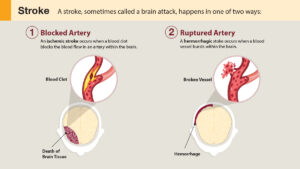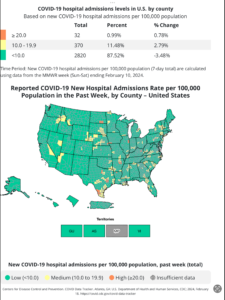As a parent, you’ll probably be faced with this question at some point in your child’s adventure into adulthood. Especially if time is important to you and you worry how long it will be before you can get in to see your child’s primary care provider. A situation such as that could leave many a mom or dad scrambling online to find an “urgent care near me.”
So, how can you avoid a pitfall like that? One recommendation is to identify an emergency room in your area well in advance of needing it. Then, when you’ve located the facility that you’ll use, make sure that the information for the ER in Richmond is in your phone’s contact list and also provided for all caretakers at home who may be watching your child. That way, if an emergency occurs when you’re not at home, everyone will be on the same page about the location for emergency room treatment.
Three Factors that Should Always Receive Emergency Attention
Although every emergency situation will be different, the most common emergency treatments for children manifest as a result of:
- A child has sustained a life-threatening illness or injury
- A child is exhibiting symptoms that have come on suddenly and fast
- A child is in need of immediate surgery
Other Common Reasons to Seek Emergency Pediatric Care
It would be impossible to list every reason that you should bring your child to an urgent care facility since each case and each child require individual assessment; however, as a general rule, you can use the following guidelines in making your decision.
- Bleeding that can’t be stopped
- Bluish or purple-colored skin or lips
- Burns or smoke inhalation
- Choking
- Difficulty in breathing
- Electric shocks
- Impact injuries from an accident or fall
- Losing consciousness for any reason
- Loose or knocked out teeth or other injuries to the mouth or face
- Near drowning
- Poisoning or other toxic ingestion
- Seizures
- Steadily decreasing responsiveness
- Sudden change in behavior that can’t be accounted for





